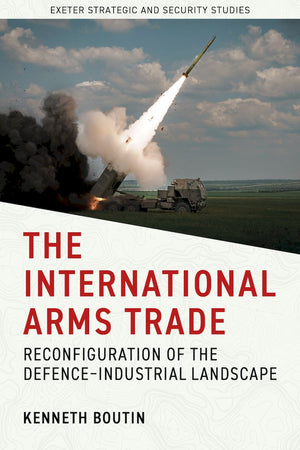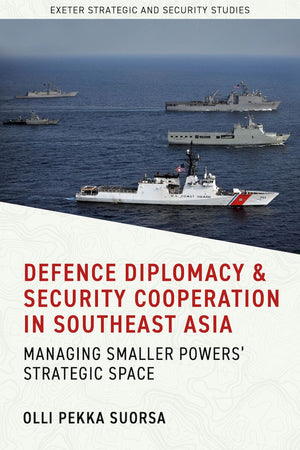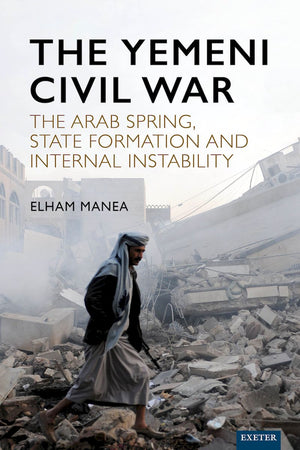University of Exeter Press
Nuclear North Korea
Armed, Desperate and Unpredictable
Couldn't load pickup availability











- 264 Pages
This book evaluates the extent of North Korea’s nuclear threat and proposes practical, viable options for the United States and South Korea to deter and defend against it. With North Korea’s alliance treaty with Russia and its involvement in Russia’s war in Ukraine, the nuclear-armed regime now poses not only a direct threat to US and South Korean security but also presents a major challenge on the global stage. However, due to North Korea’s secrecy and isolation, combined with a lack of in-depth analysis, the specifics of its nuclear capabilities remain largely unknown. A comprehensive examination of this threat and the development of actionable solutions are both urgent and essential.
Although nuclear weapons have become central to international politics due to their immense destructive power, they were developed for military purposes and should be addressed through military means. Purely diplomatic approaches to the issue have ultimately exacerbated the threat. As a retired army colonel with expertise in international relations and military affairs, the author provides detailed practical analysis and informed policy recommendations. As a South Korean scholar, he is also uniquely placed to offer a nuanced understanding of North Korea’s rhetoric and actions.
By integrating theoretical research with the realities of North Korea’s nuclear armament, this timely volume presents insightful analysis and pragmatic policy proposals. It is an invaluable resource for readers and students seeking to understand North Korea’s nuclear threat and offers crucial guidance for policymakers in the United States, South Korea, and beyond in formulating effective long-term strategies to address this pressing issue.
Park argues that the world looked the other way for too long while North Korea expanded its nuclear arsenal and began to envision a new array of war-fighting scenarios. Now, he believes, North Korea’s “second mission” strategy of reunification requires a political and military response from South Korea and its allies. This book has the great virtue of encouraging conversations about options that many prefer to ignore. Its attention to the changing political winds in Seoul also serves as a valuable corrective to the tendency in some quarters to see North Korea only as a problem for the West. Not everyone will agree with Professor Park’s strategic prescriptions, but his sober analysis of changes in North Korea’s rhetoric and his willingness to pose difficult questions pushes us to take a stand.
Paul Kowert, Chairperson, Department of Political Science, University of Massachusetts Boston
Introduction
1. How Did North Korea Become a Nuclear State?
2. What Is North Korea’s Nuclear Strategy?
3. What Are North Korea’s Nuclear Attack Scenarios?
4. What If Deterrence Fails?
5. Diplomatic Denuclearisation
6. South Korea’s Own Nuclear Option
7. Another Nuclear Sharing Mechanism
8. Conventional Deterrence and Defence
9. Democratisation and Collapse of North Korea
Conclusion
References
Index
- 264 Pages

































